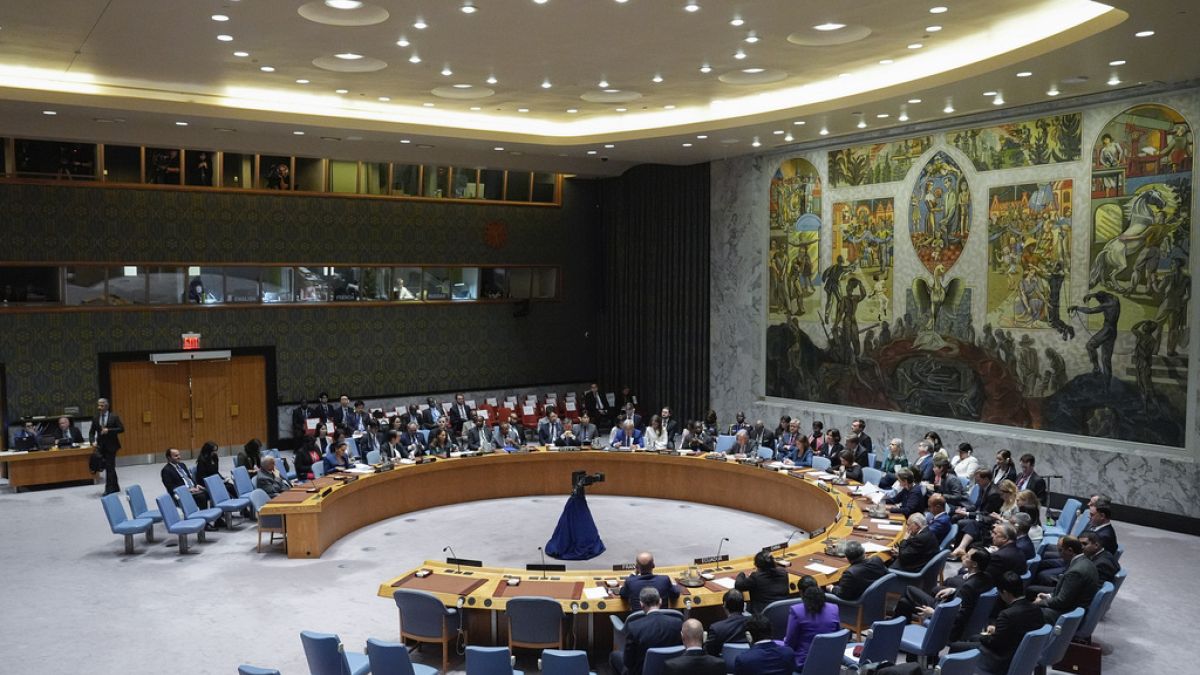France and the United States have stepped in to try to broker a ceasefire deal between Israel and Hezbollah, with a proposal nearing completion. The goal of this proposed 21-day ceasefire is to protect civilian populations and create space for diplomatic negotiations to begin. The potential agreement comes as tensions rise between Israel and the Iran-backed militant group, increasing the risk of a full-fledged war in the Middle East. Both France and the United States are urging both parties to accept the proposed ceasefire without delay, emphasizing the importance of deescalating the situation.
Secretary of State Antony Blinken has stated that the US is actively working with partners to ease tensions in Lebanon and secure a ceasefire agreement that would benefit all involved. The hope is that a ceasefire could pave the way for greater stability in the region, averting further violence and bloodshed. Israeli Prime Minister Benjamin Netanyahu has expressed openness to the proposed deal, although he is reportedly seeking assurances regarding the safe return of Israeli civilians to their homes. Lebanese Prime Minister Najib Mikati has voiced his support for the French-US plan, emphasizing the need for the Security Council to address Israeli occupation of Lebanese territories and daily violations.
The proposed ceasefire deal is seen as a crucial step towards preventing further escalation of conflict between Israel and Hezbollah, with both France and the United States emphasizing the urgent need to protect civilian populations. The 21-day ceasefire period is envisioned as a window of opportunity for diplomatic negotiations to take place, potentially leading to a longer-term resolution of the conflict. Efforts are being made to secure agreement from both sides as quickly as possible, in order to prevent a more serious outbreak of violence that could have devastating consequences for the region.
The involvement of France and the United States in brokering a ceasefire deal reflects their recognition of the gravity of the situation and the potential for widespread suffering if the conflict between Israel and Hezbollah continues to escalate. The proposed ceasefire is intended to create a temporary pause in hostilities, providing breathing space for all parties involved to work towards a peaceful resolution. Both countries are urging Israel and Hezbollah to seize this opportunity to step back from the brink of all-out war and engage in constructive dialogue to address the root causes of the conflict.
The potential agreement between Israel and Hezbollah represents a ray of hope in a region plagued by violence and instability, offering a glimmer of possibility for peace and reconciliation. The support of Lebanese Prime Minister Najib Mikati for the French-US plan underscores the importance of international diplomacy in resolving conflicts that have far-reaching consequences. The Security Council will play a crucial role in ensuring the implementation of the ceasefire deal and addressing the broader issues that fuel the ongoing conflict between Israel and Hezbollah.
In conclusion, the imminent proposal for a ceasefire deal between Israel and Hezbollah by France and the United States marks a significant development in efforts to deescalate tensions and prevent further violence in the region. Both countries are working tirelessly to secure acceptance of the proposed 21-day ceasefire, emphasizing the urgent need to protect civilian populations and create space for diplomatic negotiations. The potential agreement holds promise for a respite in hostilities and a path towards long-term stability, provided that both parties are willing to engage in good faith negotiations. The international community, led by France and the United States, must continue to support efforts to bring an end to the conflict between Israel and Hezbollah and pave the way for a peaceful resolution that addresses the underlying grievances on all sides.










